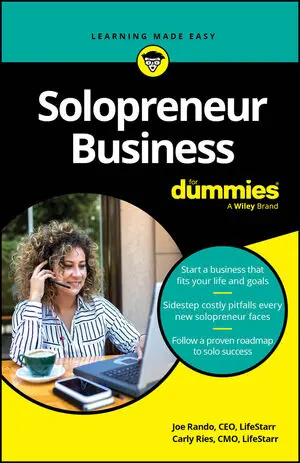As with any business, the owners of mobile food trucks need to protect themselves and their business. While other food service businesses face potential insurance claims every day, food trucks face additional risks, for which they need different types of insurance.
Insurance basics for your food truck
Working with an insurance provider who understands the needs of the mobile food industry is important. Many insurance providers sell insurance for the traditional brick-and-mortar restaurants in your area and can tailor these insurance policies to your specific needs, so make sure to present all the aspects of your business to a prospective provider so he can find the best policy for you.
Here are a few questions to ask when buying insurance:
Am I protected when I get into a car accident?
Does my insurance allow for a mobile business?
Do I have coverage for food poisoning claims?
What if the truck is stolen or vandalized?
Do the items I tow need special coverage?
Be sure to review your business in detail with your insurance provider to determine which (and how much) coverage is right for you. A typical insurance program for a mobile food vendor includes the following:
Commercial auto liability: This insurance is designed for vehicles used during the course of business operation.
Be careful not to purchase only personal auto insurance that includes “business usage” because the terms of the commercial auto insurance and personal auto insurance policies differ. Generally, a commercial policy offers higher limits of insurance, allows for modified trucks, and permits different types of usage and travel radius. Also, a food truck is generally larger than a personal vehicle and has heavy modifications, so it needs extra coverage.
General liability: This insurance is a policy that offers several specific types of coverage served a la carte, where your start with several types of coverage and have the option to choose additional coverage if desired.
Simply put, your commercial auto policy is only one piece of the insurance puzzle. What will protect you when you’ve parked the truck, opened your service window, or even set up tables? General liability often includes protection from claims that arise from bodily injury and property damage, as well as covering the food that you sell.
Business personal property: If you want insurance protection for equipment that isn’t permanently mounted to your truck (such as a barbeque or smoker you tow behind your truck) and isn’t covered under your commercial auto policy, you should consider this type of coverage.
Note: Although you may have coverage for liability risks while towing these items, typically no coverage exists for replacement if it’s damaged.
Workers’ compensation: This insurance takes care of medical bills for employees injured on the job.
Unemployment insurance: This insurance pays your out-of-work, former employees until they find another job.
Umbrella liability: Umbrella liability coverage (also known as excess liability) provides additional protection above and beyond your automotive, general liability, and workers’ compensation policies. For example, if your general liability policy provides $1 million in coverage but a claim settlement calls for $1.5 million, your umbrella policy would cover the additional half-million dollars.
When your insurance provider is putting together your automotive insurance quote, he’ll require a list of your drivers so he can check each of their motor vehicle reports (MVRs) on his own. If you have an ineligible driver, most competitive insurance companies will pull their quote. You’re then stuck with having to use an insurance company that charges you an arm and a leg to cover the poor driver.
To avoid this situation, be sure you always check a person’s MVR prior to hiring him or allowing him to drive your food truck. Require all potential drivers to go to the Department of Motor Vehicles or Secretary of State and get a copy of their MVR. Within the last 36 months, no prospective driver should have more than
One moving violation and two accidents
Two moving violations and one accident
Three moving violations and no accidents
None of your drivers should have any serious moving violations (such as driving under the influence, a suspended license, or an auto felony conviction).
Additional insured certificates
One insurance topic many new food truck owners are unfamiliar with is the need for additional insured certificates. An additional insured is a term for a person, firm, or other entity that’s afforded the same protection under the insurance policy as the insured (food truck).
Most property owners and event planners require this paperwork when they invite food trucks onto privately held property for a food truck event. In some cases, if you’ll be attending an event that’s held on city- or county-owned property, a government agency will also ask to be included as additional insured.
Essentially, the venue or event is protecting itself from any bodily injury or property damage your business may cause at its event. Some insurance carriers charge $25 to $100 per certificate, which can add up to a significant hidden cost if you attend multiple events throughout the year.
The insurance providers that aren’t familiar with these types of food truck operations often fail to mention the cost or even realize a truck may need additional insured certificates. To prevent your business from incurring these unexpected added costs to operation, hire an insurance provider that’s familiar with this type of added coverage.
When you’re getting insurance quotes from potential insurance providers, have them do the following:
Place you with an insurance carrier that doesn’t charge for these certificates
Offer you a blanket (unlimited) additional insured option (which could add about $500 to your annual premium)






